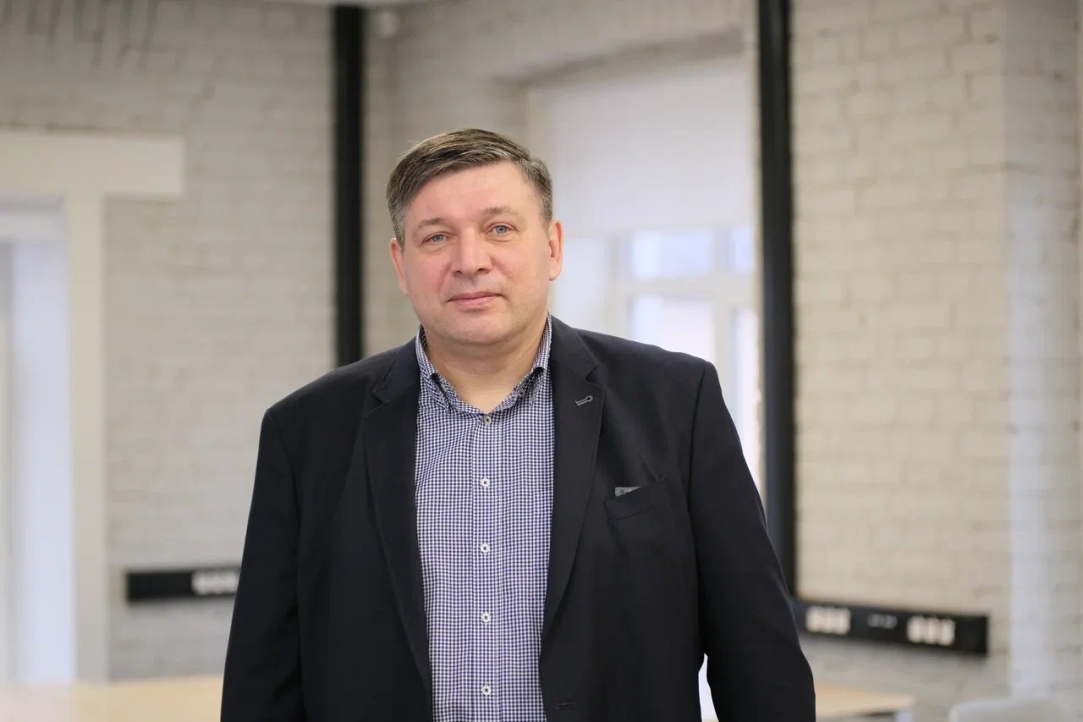
Physicist from HSE University-St Petersburg Ranked Russia’s Number One Scientist in Electronics and Electrical Engineering by Research.com
The academic platform Research.com has published a ranking of the best scientists in the field of electronics and electrical engineering in 2022. In Russia, first place in Electronics and Electrical Engineering went to Alexey Zhukov, Academic Supervisor of the International Laboratory of Quantum Optoelectronics, Doctor of Physical and Mathematical Sciences, Corresponding Member of the Russian Academy of Sciences.
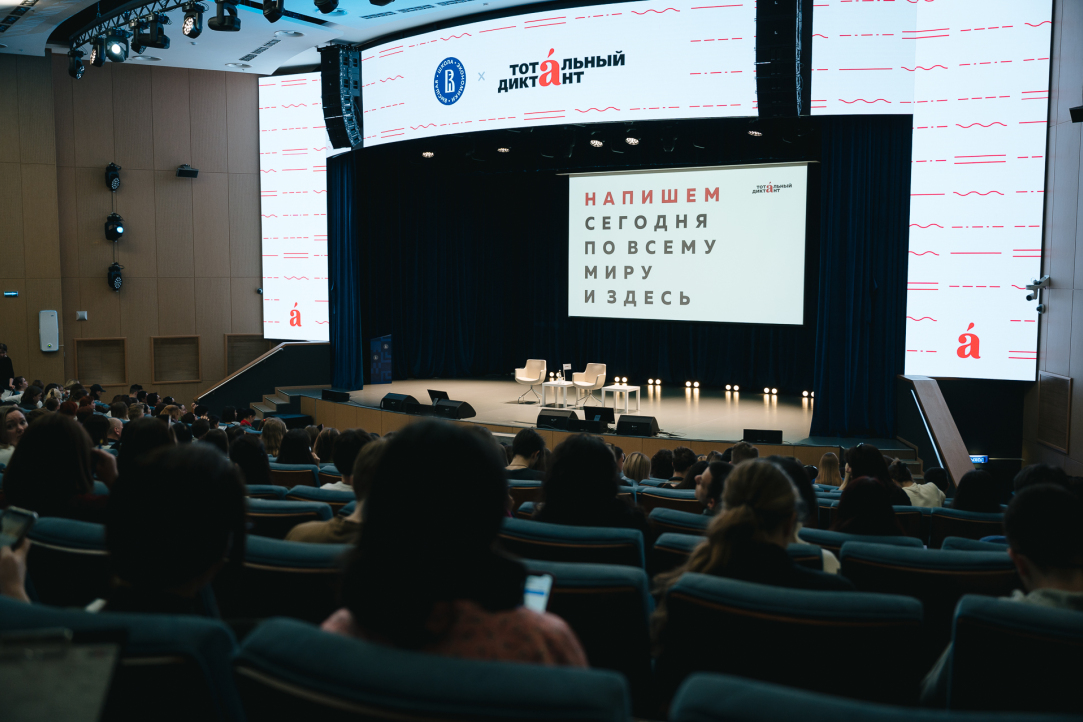
‘Proper Grammar Is Trending’: HSE University Holds Total Dictation Event
On April 8, 2023, this year’s Total Dictation event took place all over the world. More than 900 people came to HSE University to take part in it. Since 2019, the university has been one of the partners of this annual educational campaign.
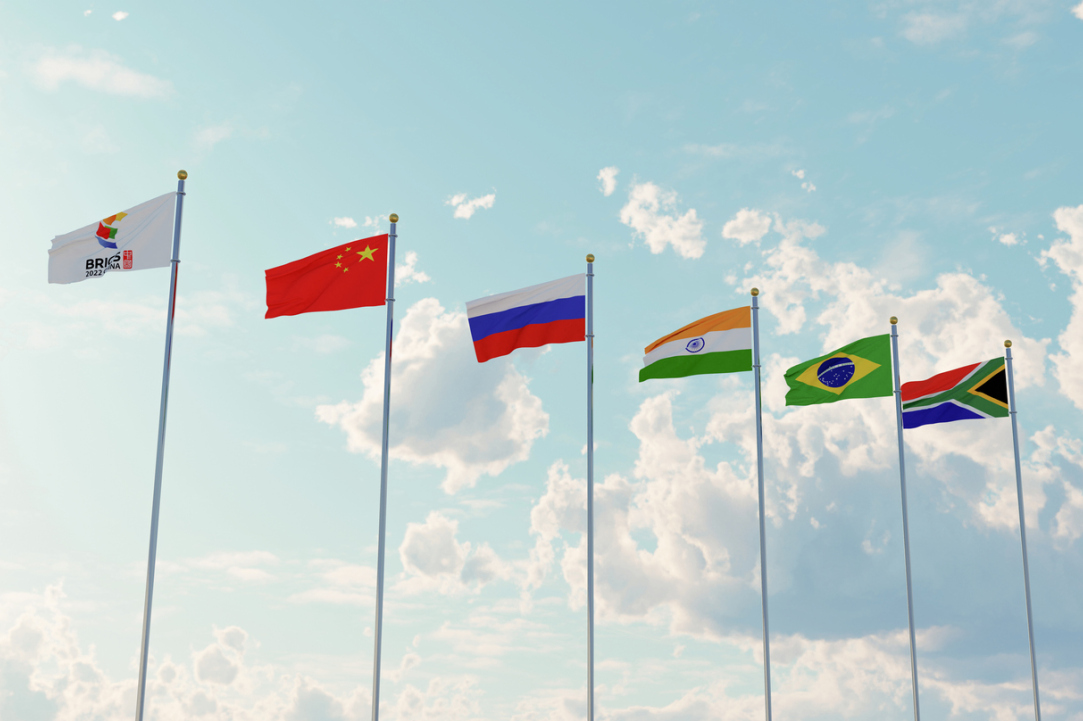
‘The BRICS Strategic Partnership Offers the World Creative, Unifying, Forward-Looking Initiatives’
Today, BRICS has become an influential factor in modern international relations and is perceived as one of the pillars of a more just world order. This association is not based on one party’s dominance, but instead, is built on a sound balance of interests. The role of the association was discussed by the participants of the plenary session ‘BRICS Development Strategy: Equal Opportunities in an Unequal World’at the XXIV Yasin (April) International Academic Conference.
.jpg)
‘The Processes of Urbanisation and Its Impact on People’s Language Practices Are of Major Scientific Interest’
On April 6–8, 2023, HSE University-Moscow hosted the Fifth International Conference Multilingual Urban Space: Policy, Identity, Education. Every year, researchers from around the world attend the conference to share their research and exchange ideas on multilingualism in urban settings.
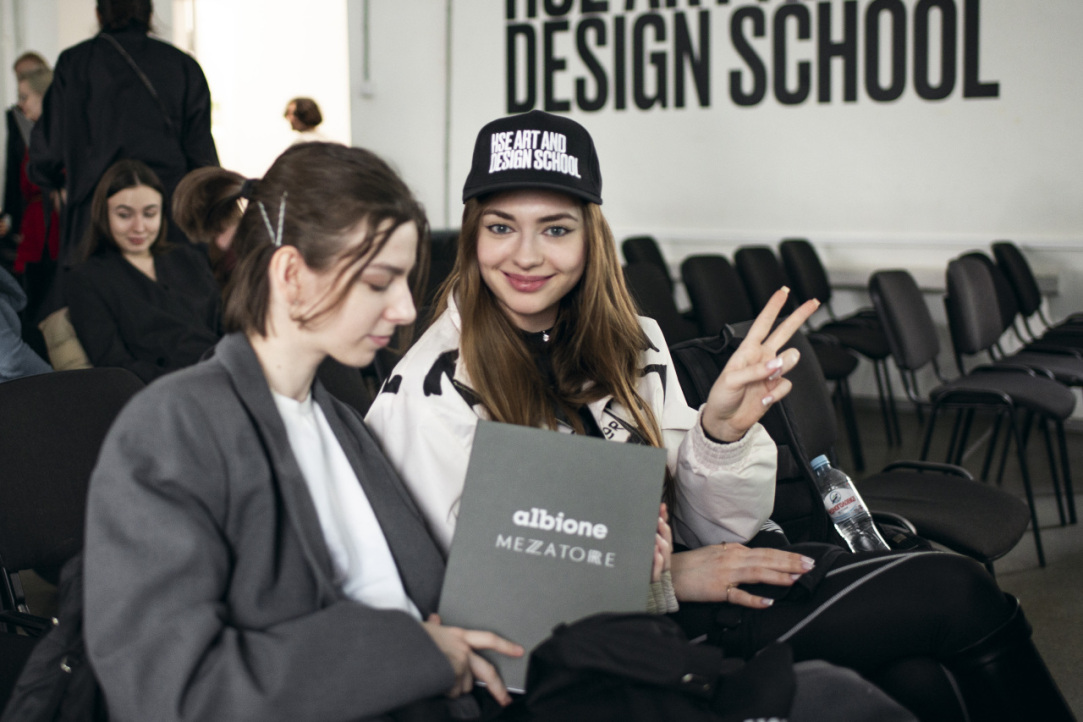
Third Season of HSE CREATIVE OPEN Comes to an End
On April 4, the HSE Art and Design School hosted an award ceremony for the winners and runners-up of the third season of the HSE CREATIVE OPEN international online competition. This season’s categories included Identity, Object Design, Music Release, Advertising Concept, Illustration, and Game Space.
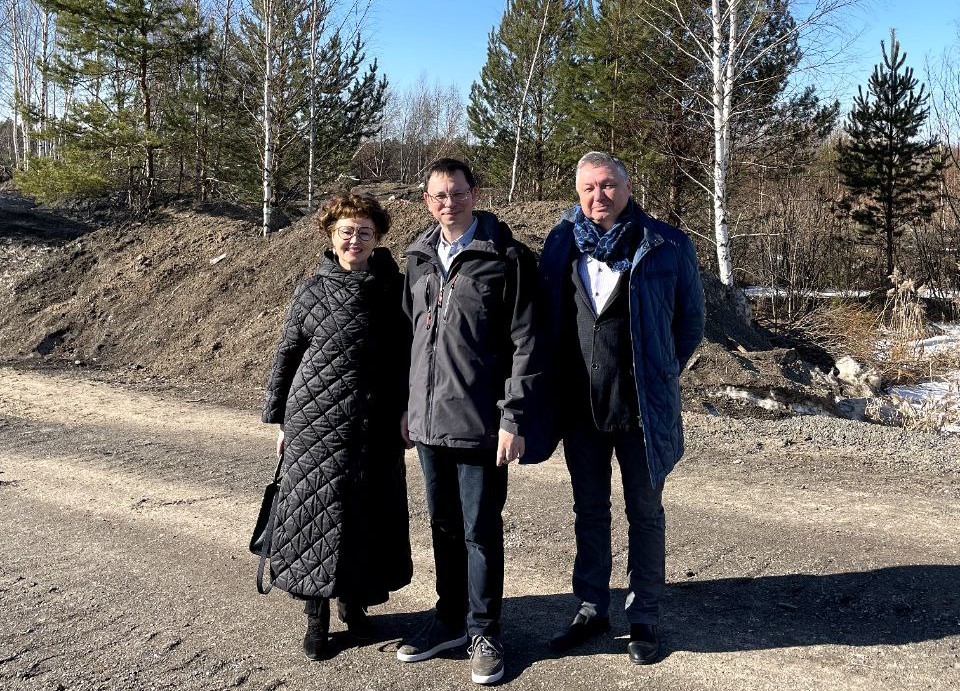
Perm Continues to Implement Project to Create World-Class Interuniversity Campus
As part of his working trip to Perm, HSE University Rector Nikita Anisimov visited the site where the new campus is being built, and also held talks with the Governor of Perm Krai, Dmitry Makhonin. The student campus is expected to be fully operational in 2026. The campus will house learning spaces, laboratories, a sports complex with a swimming pool, a congress hall, and a hotel complex for students and teachers.

Alcohol Consumption by Young Russians Drops by Half, Study Says
Sociologist Valeria Kondratenko used data from the Russian Longitudinal Monitoring Survey-HSE (RLMS-HSE) to demonstrate that the percentage of young Russians aged 14 to 22 who consume alcohol decreased by 2.3 times from 62.1% to 26.9% between 2006 and 2019. This paper also explores the correlation between the alcohol consumption habits of children and those of their parents. A paper with the findings of this study has been published in the Bulletin of RLMS–HSE.

Artificial Case: ChatGPT Helps HSE Lawyer Write Article for Academic Journal
Roman Yankovskiy, head of the Centre for Legal Education Transformation at the HSE Faculty of Law, academic supervisor of the Digital Lawyer programme, has written an article in a legal journal using ChatGPT. The experiment was agreed upon with the journal’s editorial board. The author explains why we need such an experience, whether artificial intelligence (AI) is up to the task, and whether we can prohibit its use in scientific work.
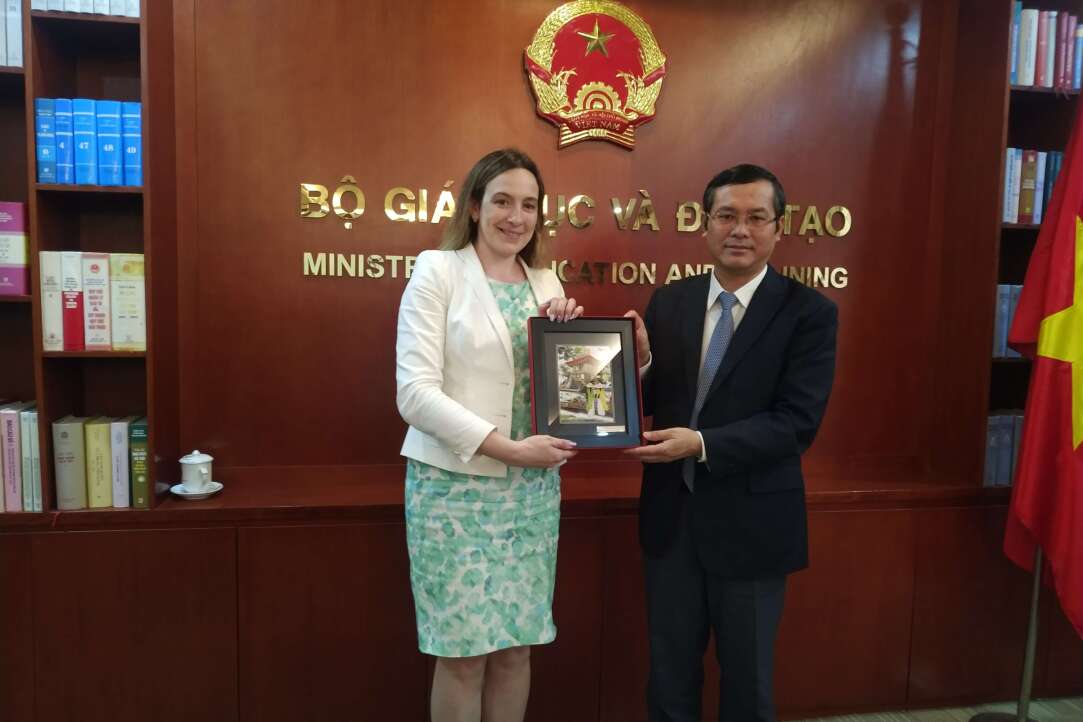
‘Russia and Vietnam Have Traditionally Good Relations’
In mid-March, 2023, an HSE University delegation led by Vice Rector Victoria Panova visited Vietnam. During the trip, bilateral meetings were held with the Vietnam Ministry of Education and Training. HSE University representatives visited the country's leading universities and schools, as well as the Vietnam-Russia Tropical Centre, a research and technology organisation that facilitates international Russian–Vietnamese cooperation.
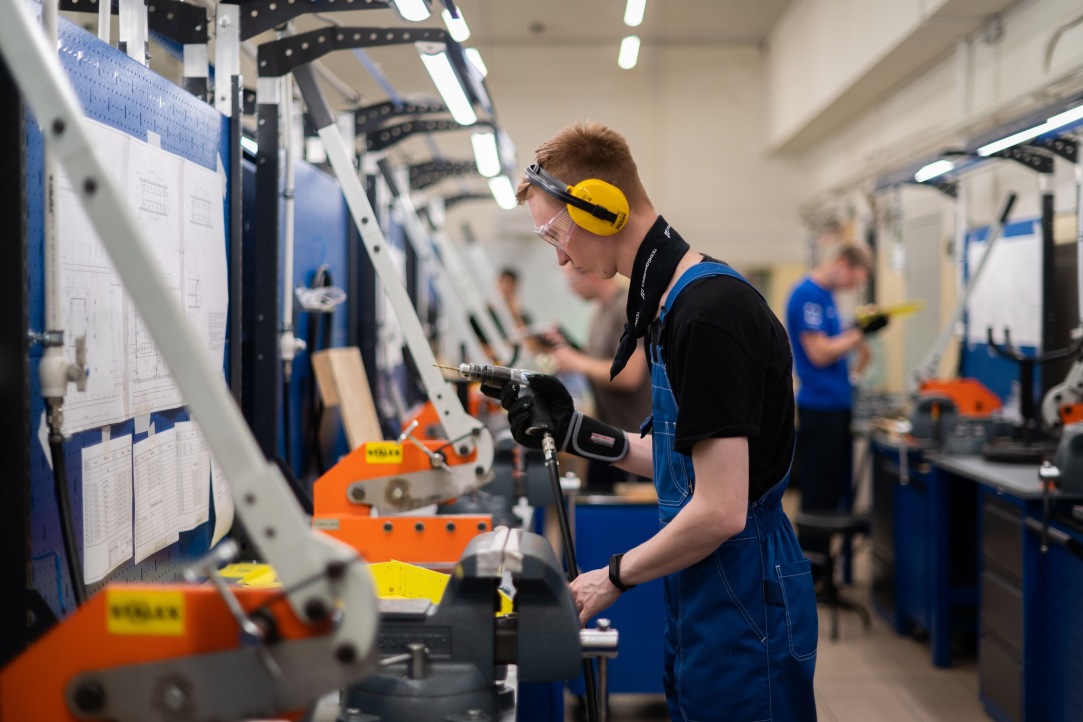
Sanctions Create New Opportunities for Russian Companies
Like any crisis, the sanctions of 2022, besides problems, have created new opportunities for Russian companies. This is the conclusion that HSE University’s experts have come to. Their study results are presented in the report ‘Adaptation of Russian Industrial Companies to Sanctions: First Steps and Expectations’, prepared by HSE University for the XXIV Yasin (April) International Academic Conference.

